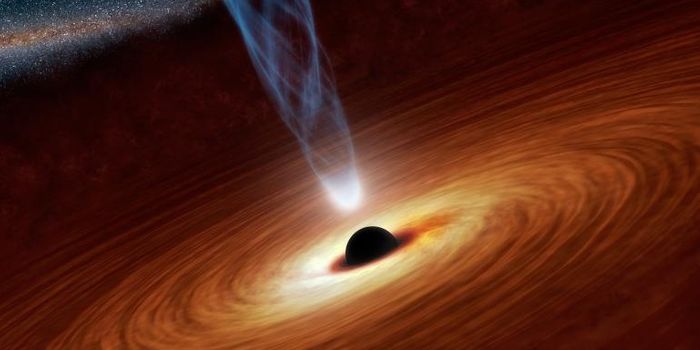Cloud Cradles Haunted by Dark Planets
I have seen the dark universe yawning,
Where the black planets roll without aim;
Where they roll in their horror unheeded, without knowledge or lustre or name.
- Nemesis, H.P. Lovecraft 1918
In a December 2021 study published in Nature Astronomy, an international team of researchers led by the University of Bordeaux in France estimated that there might exist billions of undiscovered starless planets freely floating throughout the cosmos, also known as Free Floating Planets (FFPs). This study has the potential to help us better understand planetary origin and evolution in the universe.
While FFPs have been known for the last two decades, their origins have remained mysterious, with the two biggest questions asking if they are born within an interstellar cloud, or around stars like our own solar system, only to be discarded into the void for eternity.
Due to the small number of known FFPs, the researchers poured over 100 TB of data from the last two decades, to include data from the powerful Subaru Telescope’s mosaic cameras, HSC and Suprime-Cam, to locate FFPs within the Upper Scorpius OB young star association. Their results culminated in 70-170 FFPs after removing background stars and galaxies, along with more than 3000 much larger associated members, which ultimately doubles the number of known FFPs.
Due to the large number of FFPs found from this study, the researchers concluded that FFPs result from being born around stars, then banished to the void at a later time.
The results also suggest that billions of undiscovered FFPs could also exist in the literal space between stars.
This Halloween, when you’re looking up at the night sky, think of all those FFPs lurking in the vast darkness of space.
Sources: Nature Astronomy
As always, keep doing science & keep looking up!









